Vitamin B-12 Ampules: 1000mcg/mL | 2mL
Vitamin B-12 Ampules: 1000mcg/mL | 2mL
$14.99
Vitamin B-12, also known as cobalamin, is an essential nutrient that plays a crucial role in maintaining the health and proper functioning of the human body. It is a water-soluble vitamin that is vital for various physiological processes, including DNA synthesis, red blood cell formation, nerve function, and energy production. Despite its importance, the human body cannot produce Vitamin B-12 on its own, and it must be obtained through diet or supplements.
60 in stock

Legal Disclaimer: For research purposes only. Not intended for consumption, clinical application, or diagnostic use. The buyer assumes full responsibility for appropriate handling, usage, and adherence to all relevant laws and regulations.
Functions of Vitamin B-12
DNA Synthesis and Cell Division
Vitamin B-12 is an integral component of DNA synthesis, which is essential for cell division and growth. It works in conjunction with folate (Vitamin B-9) to ensure the proper replication of genetic material during the process of cell division. Adequate levels of Vitamin B-12 are necessary for the production of healthy cells, and its deficiency can lead to abnormal cell division and growth, which may result in megaloblastic anemia, a condition characterized by the presence of abnormally large and immature red blood cells.
Red Blood Cell Formation
One of the primary functions of Vitamin B-12 is to support the formation of red blood cells. Red blood cells are responsible for transporting oxygen from the lungs to the tissues and organs throughout the body. Vitamin B-12, along with folate, plays a crucial role in the production and maturation of red blood cells. A deficiency in Vitamin B-12 can lead to a reduction in the number of healthy red blood cells, resulting in anemia and symptoms such as fatigue, weakness, and shortness of breath.
Nerve Function and Neurological Health
Vitamin B-12 is essential for maintaining proper nerve function and neurological health. It contributes to the formation and maintenance of the myelin sheath, a protective covering that surrounds nerve fibers and facilitates the transmission of electrical signals between the brain and other parts of the body. Adequate levels of Vitamin B-12 are necessary to prevent nerve damage and ensure efficient communication within the nervous system. A deficiency in Vitamin B-12 can lead to neurological symptoms such as numbness, tingling, balance issues, and cognitive impairments.
Energy Production
Vitamin B-12 plays a vital role in energy production by aiding in the metabolism of fats and proteins. It acts as a coenzyme in various biochemical reactions that convert nutrients into usable energy. Specifically, Vitamin B-12 is involved in the conversion of homocysteine to methionine, which is a critical step in the production of ATP (adenosine triphosphate), the primary energy carrier in cells. Ensuring adequate levels of Vitamin B-12 can help maintain optimal energy levels and prevent fatigue and lethargy.
Sources of Vitamin B-12
Vitamin B-12 is naturally found in animal-based foods, and it is primarily obtained through the diet. Some of the richest sources of Vitamin B-12 include:
- Meat, such as beef, lamb, and pork
- Poultry, such as chicken and turkey
- Fish and shellfish, such as salmon, tuna, and clams
- Dairy products, such as milk, cheese, and yogurt
- Eggs
For individuals who follow a vegetarian or vegan diet, obtaining adequate Vitamin B-12 can be challenging, as it is not naturally present in plant-based foods. In such cases, fortified foods (such as cereals and plant-based milk) and supplements may be necessary to meet the daily requirements.
Vitamin B-12 Deficiency
Vitamin B-12 deficiency can have significant health consequences and may result from various factors, including inadequate dietary intake, malabsorption issues, and certain medical conditions. Common causes of Vitamin B-12 deficiency include:
- Pernicious anemia: An autoimmune condition that interferes with the absorption of Vitamin B-12 from the digestive tract.
- Gastrointestinal disorders: Conditions such as Crohn’s disease, celiac disease, and bacterial overgrowth can impair the absorption of Vitamin B-12.
- Medications: Certain medications, such as proton pump inhibitors and metformin, can affect Vitamin B-12 absorption.
- Dietary restrictions: Vegetarian and vegan diets may lack sufficient sources of Vitamin B-12.
Signs and Symptoms of Deficiency
The symptoms of Vitamin B-12 deficiency can vary depending on the severity and duration of the deficiency. Common signs and symptoms include:
- Fatigue and weakness
- Pale or jaundiced skin
- Shortness of breath and dizziness
- Numbness and tingling in the hands and feet
- Cognitive impairments, such as memory loss and confusion
- Difficulty walking and balance issues
Treatment and Prevention
Treating Vitamin B-12 deficiency involves addressing the underlying cause and replenishing the body’s Vitamin B-12 levels. This can be achieved through dietary changes, oral supplements, or intramuscular injections, depending on the severity of the deficiency. Preventing Vitamin B-12 deficiency requires ensuring adequate intake through a balanced diet or appropriate supplementation, especially for individuals at risk of deficiency.
Frequently Bought Together

60 in stock
You may also like
$561.00 Original price was: $561.00.$510.00Current price is: $510.00.
$506.00 Original price was: $506.00.$450.00Current price is: $450.00.
$576.00 Original price was: $576.00.$515.00Current price is: $515.00.

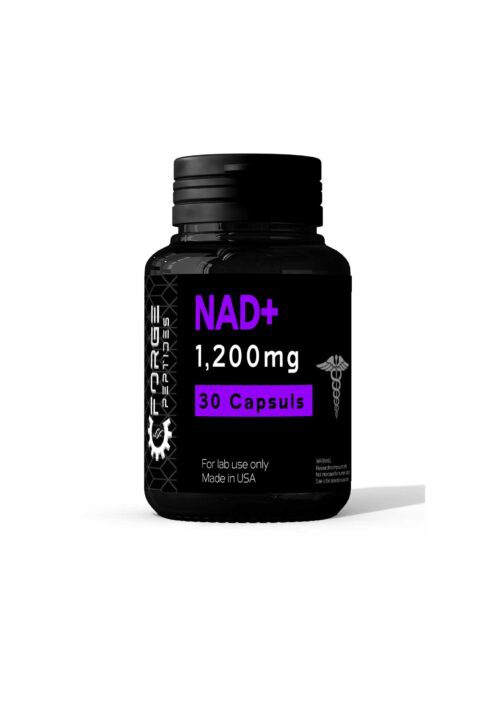
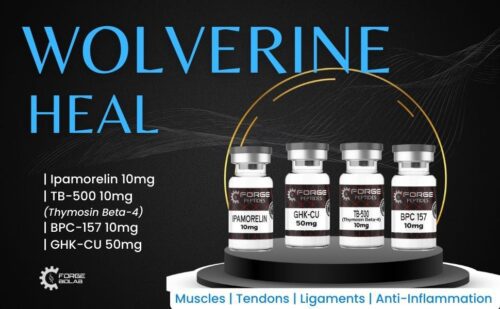

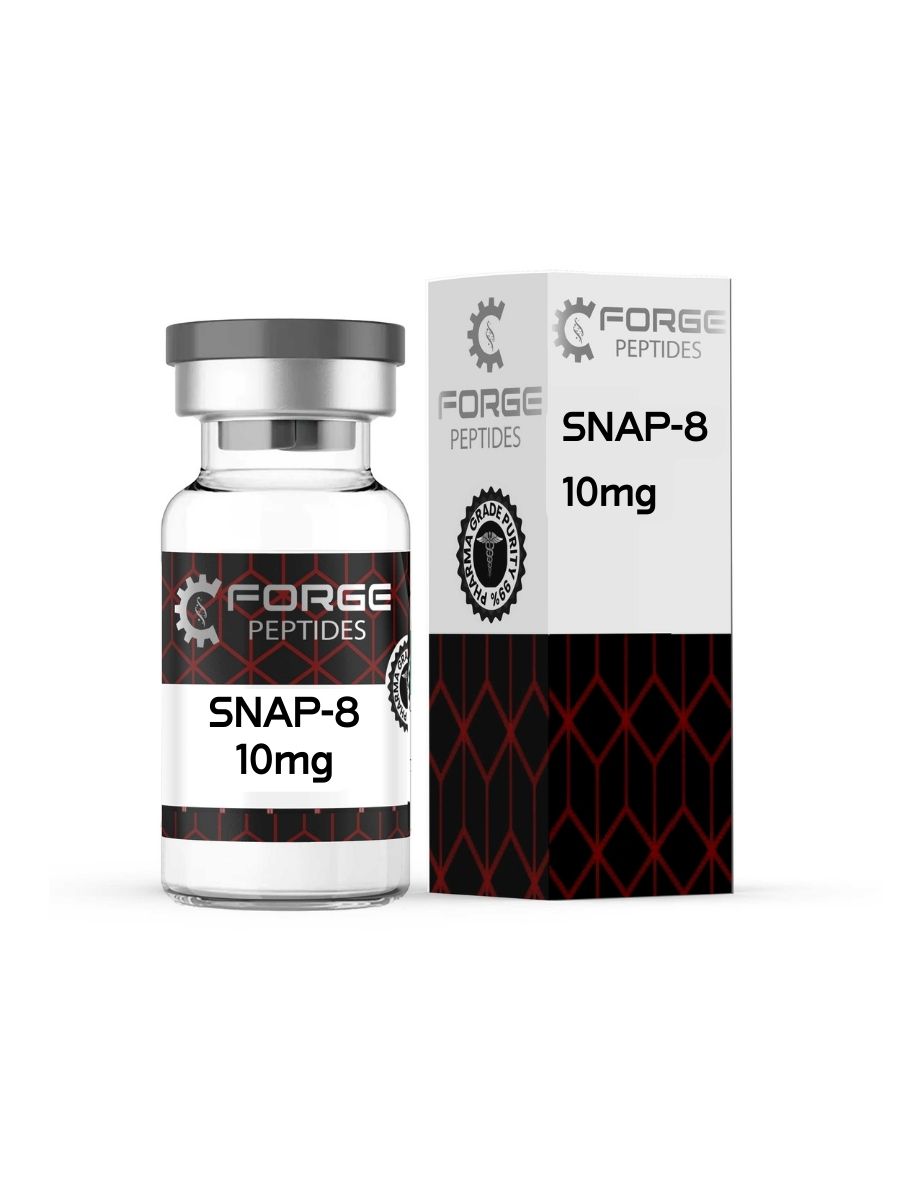
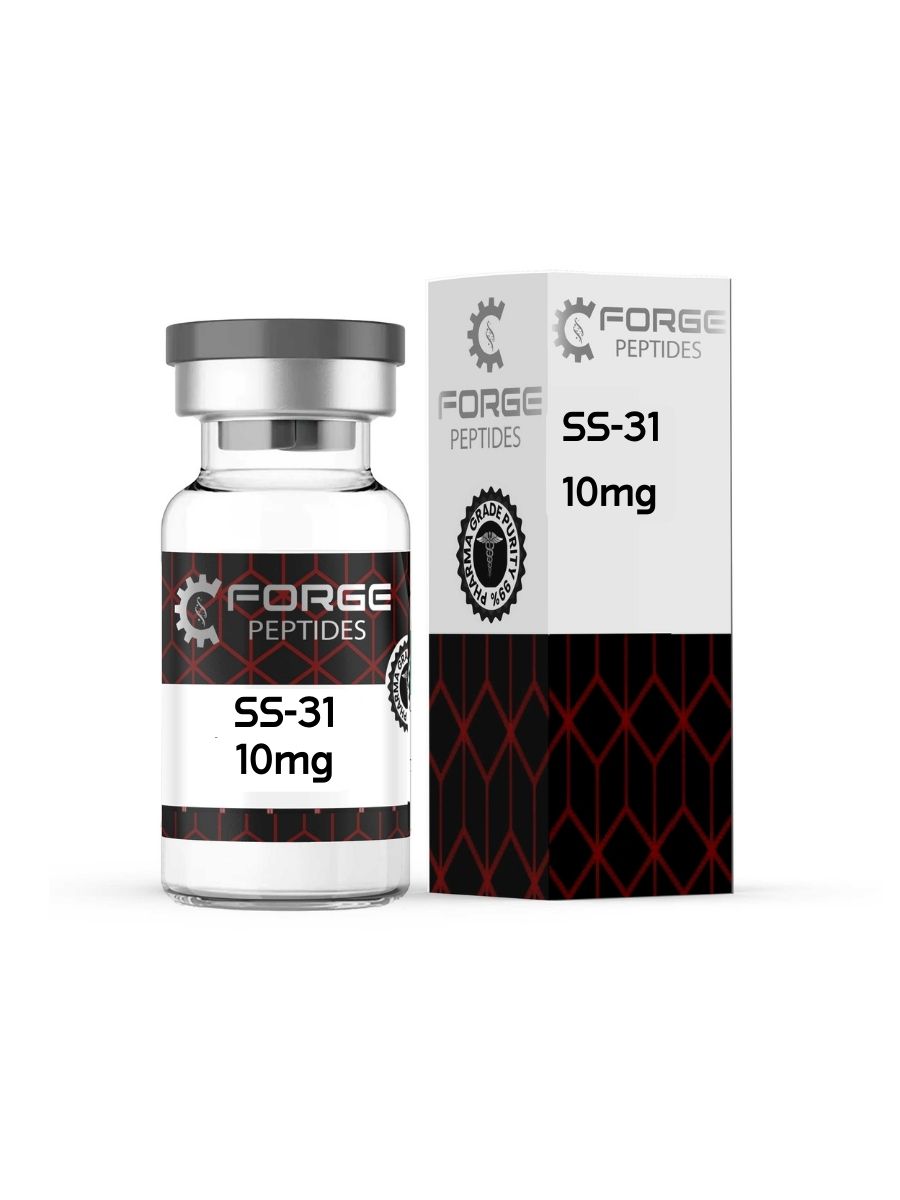
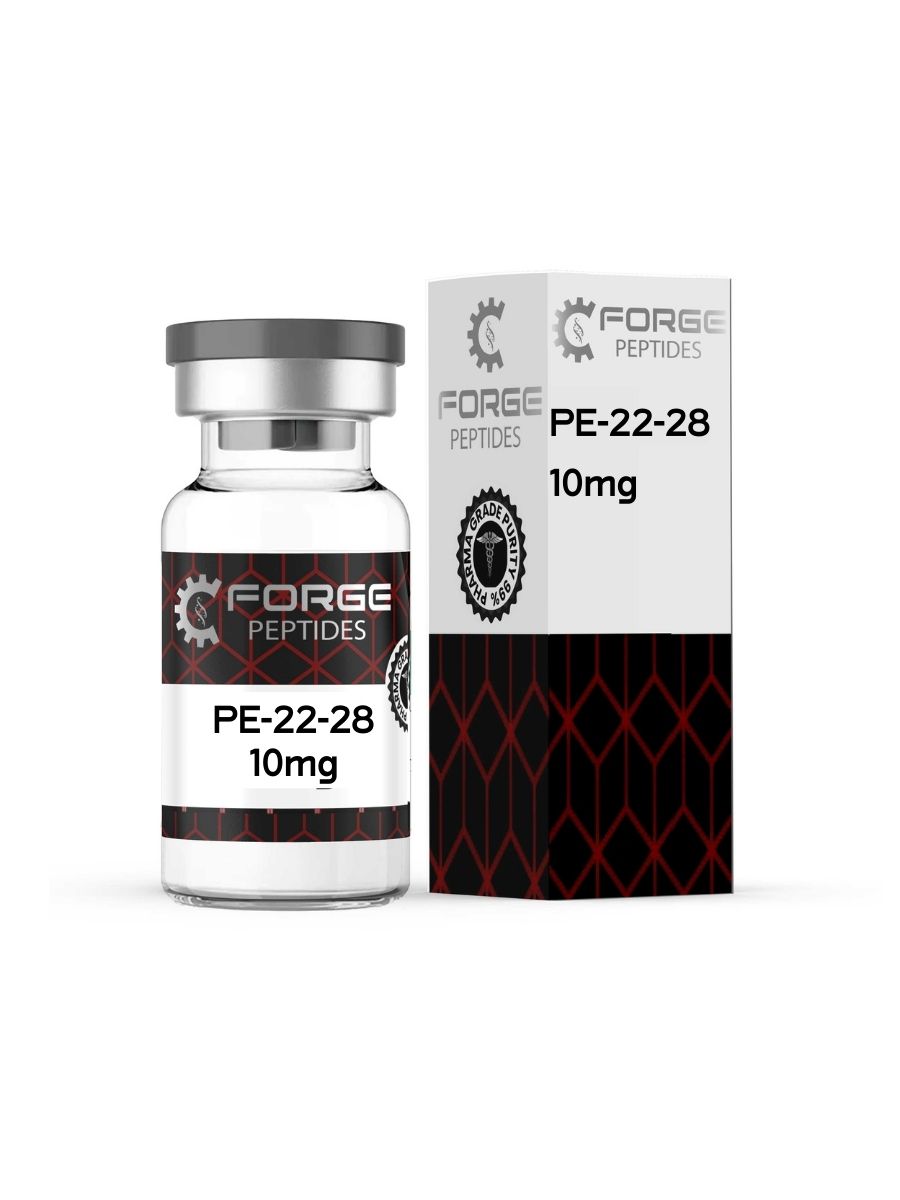
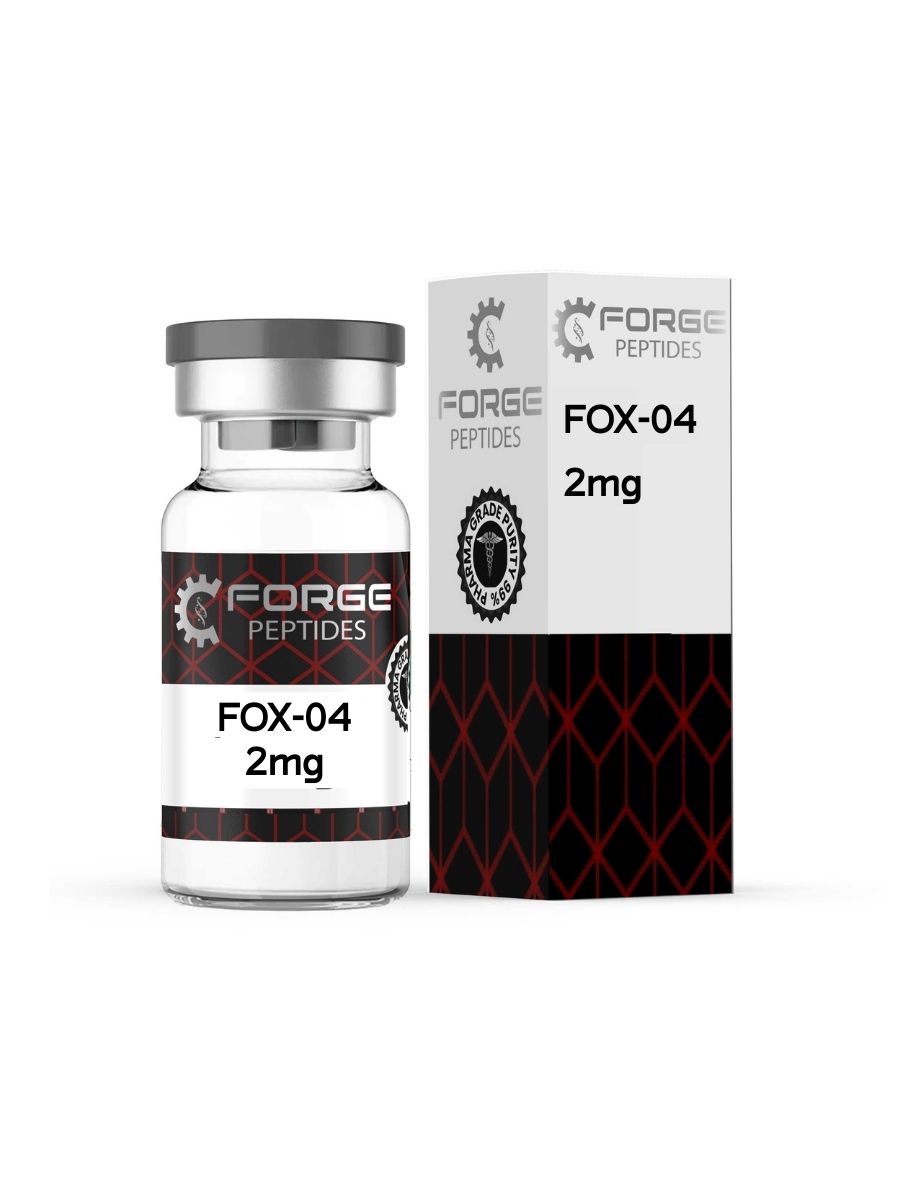
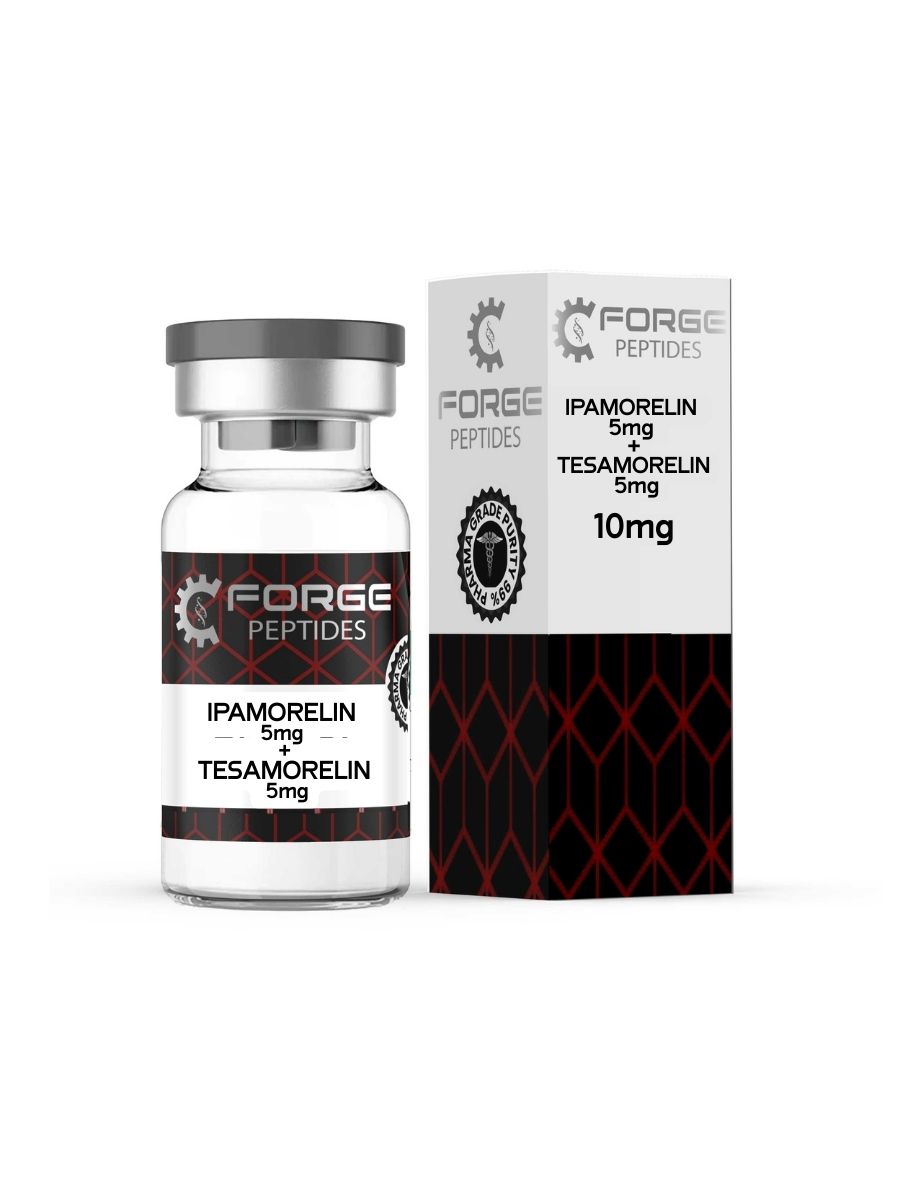
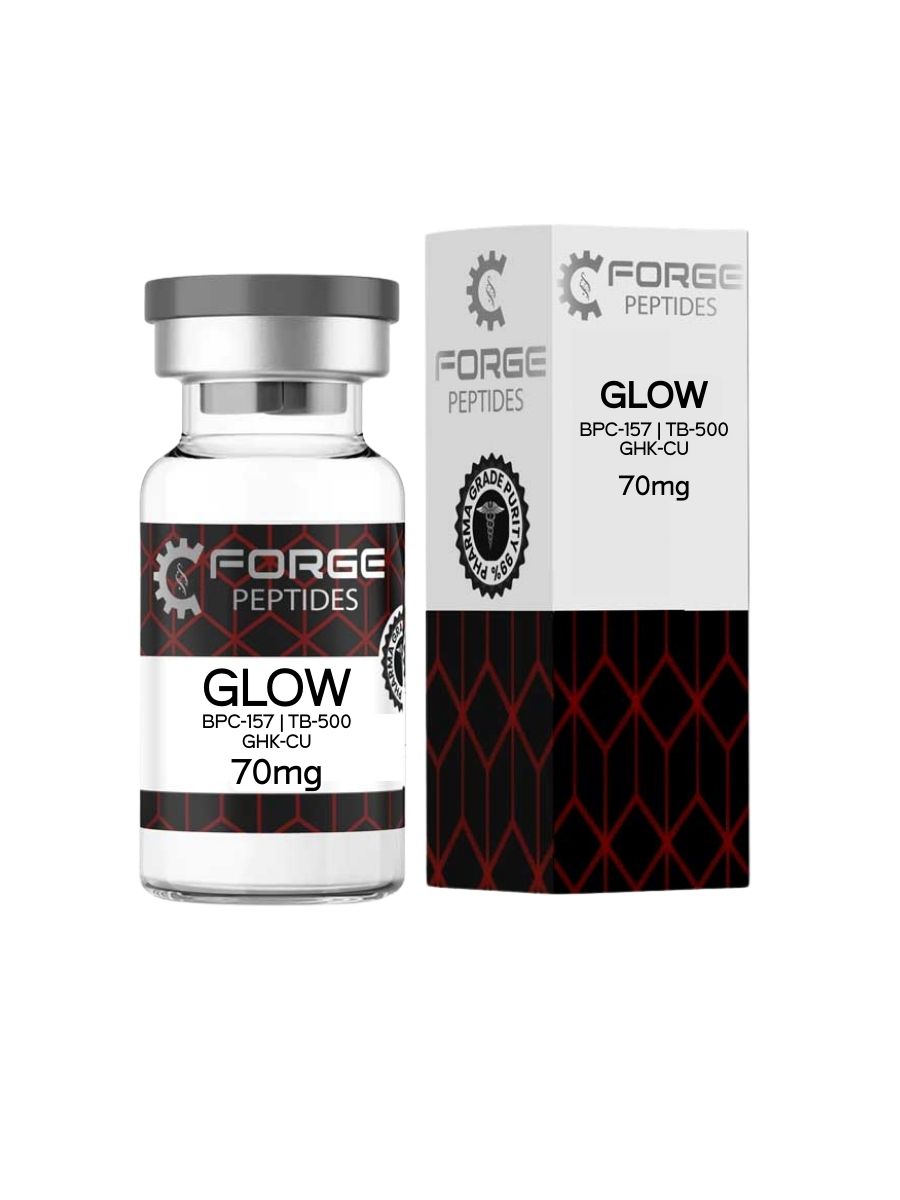



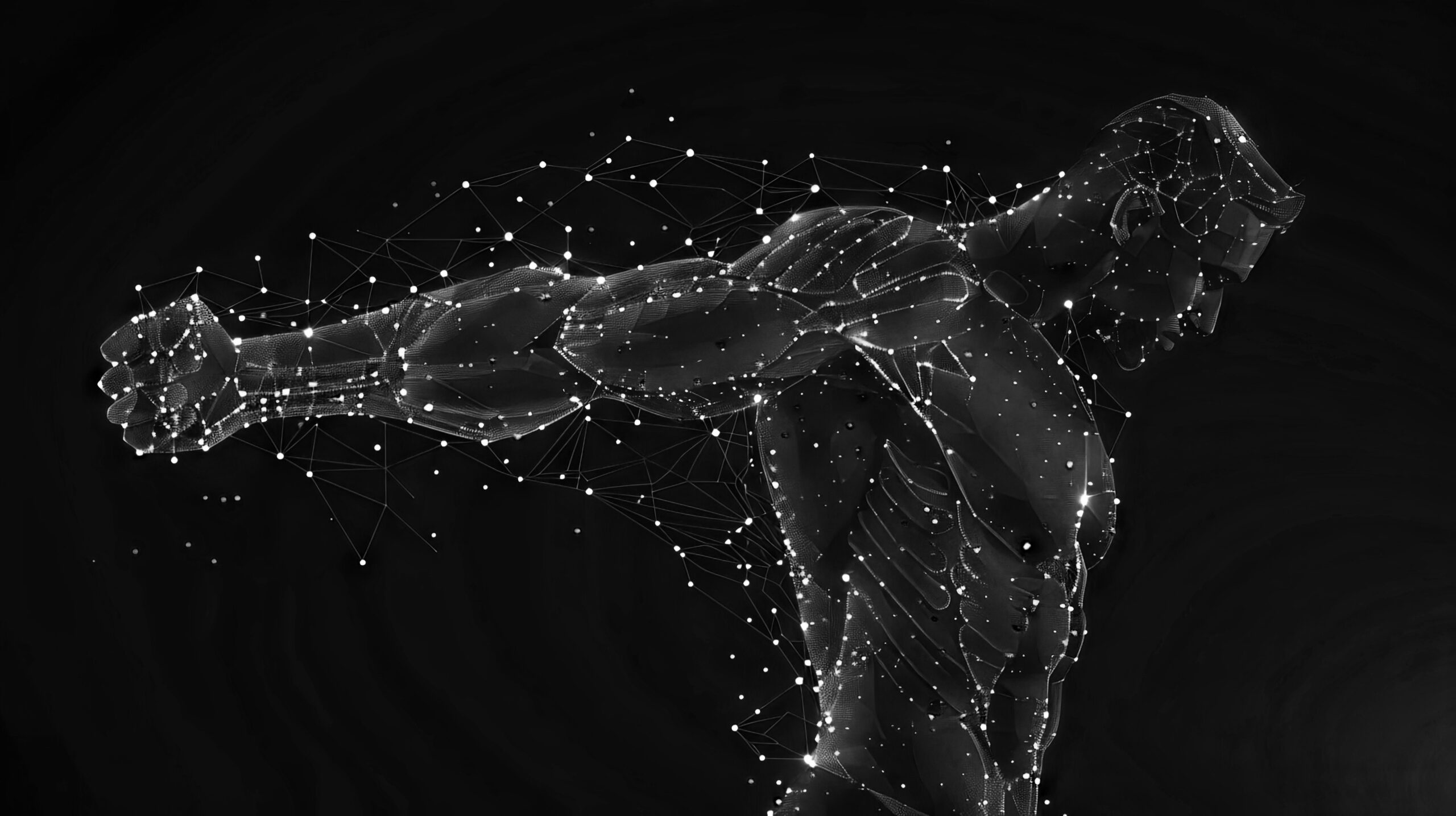
Reviews
There are no reviews yet.